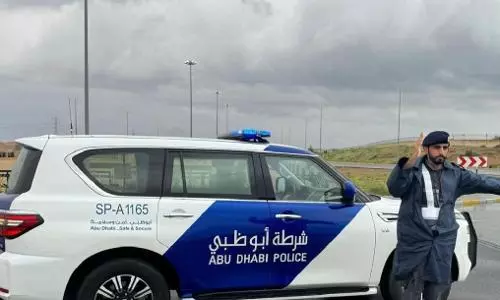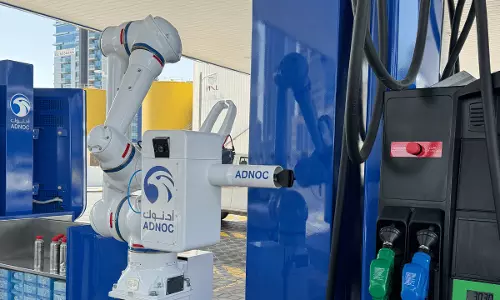
Kashmir was in a mess before Aug. 5: Jaishankar
text_fieldsNew York: Kashmir was in a “mess” before August 5, the day when India revoked Jammu and Kashmir’s special status, External Affairs Minister S Jaishankar said, asserting that the decision was taken to “try something very different” to change the economic and social landscape in the region.
During an interactive session at think-tank Council on Foreign Relations in New York on Wednesday, the Minister said when the Modi government was voted back to power in May, it did a Kashmir review and realised that there were two choices before it.
“One was you had a set of policies, which were on the books for 70 years, but for the last 40 years they were visibly not working,” he said, adding that the other was to abrogate Article 370, which gave special status to Jammu and Kashmir.
“Please remember that pre-August 5, Kashmir was in a mess. I mean, the difficulties in Kashmir have not started on August 5. August 5 is supposed to be a way of dealing with those difficulties. So the choices were either you continue what was clearly not working, or you tried something very different. And the decision was to try something very different,” he said.
“Now we realise (that) it’s not an easy exercise, because there are deep vested interests which will resist. And so when we did this transition, our first concern was that there would be violence, that there would be demonstrations and terrorists would use those demonstrations,” he said.
Tensions between India and Pakistan spiked after New Delhi abrogated Article 370. The action evoked strong reactions from Islamabad, which downgraded ties and expelled the Indian ambassador. Pakistan has been trying to internationalise the Kashmir issue, but India has asserted that it was the country’s “internal matter”.
Mr. Jaishankar said the government’s expectation is that by doing away with what was a temporary condition, “what was meant as a bridge but became a barrier”, it will be able to push investments, economic activities into Kashmir that will help to change the economic and social landscape in the region.
The minister said the restrictions, including snapping of communication modes, put in place in Jammu and Kashmir after the abrogation of Article 370 were intended to prevent loss of life and as the situation stabilises, “a lot of those restrictions would be rolled back”.
Already landlines are reconnected, mobile towers have started to be switched on, schools are open and economic activity has picked up, he said.
The economic and social consequences of Article 370 led to a political consequence as “a narrow elite” arbitrage the constitutional provision to “monopolise political power to create a sort of a close-loop politics, and they had a vested interest in keeping alive separatist sentiment”, he said.
“So you had actually a situation where separatist political parties were openly allied with terrorist groups operating out of Pakistan,” Mr. Jaishankar added.
The level of intimidation had reached a height where senior police officers were lynched on the streets of Srinagar, journalists who wrote against separatism were assassinated and military personnel were kidnapped and killed, he said.























